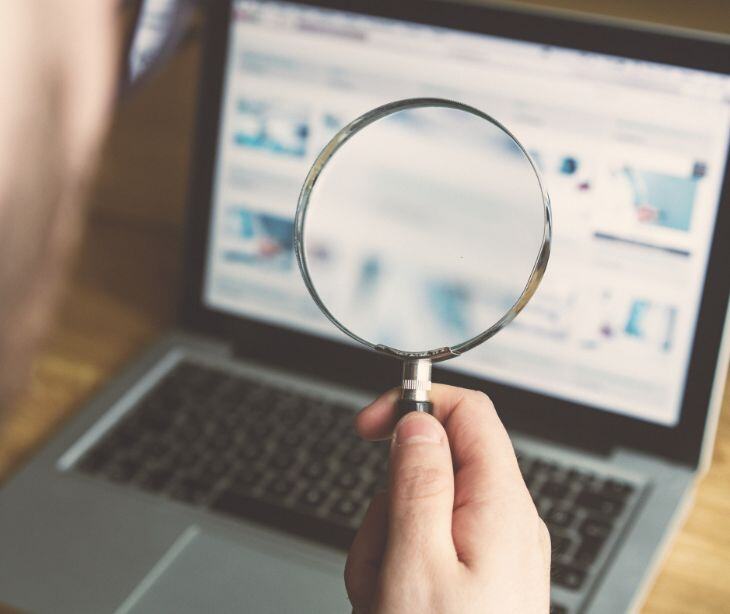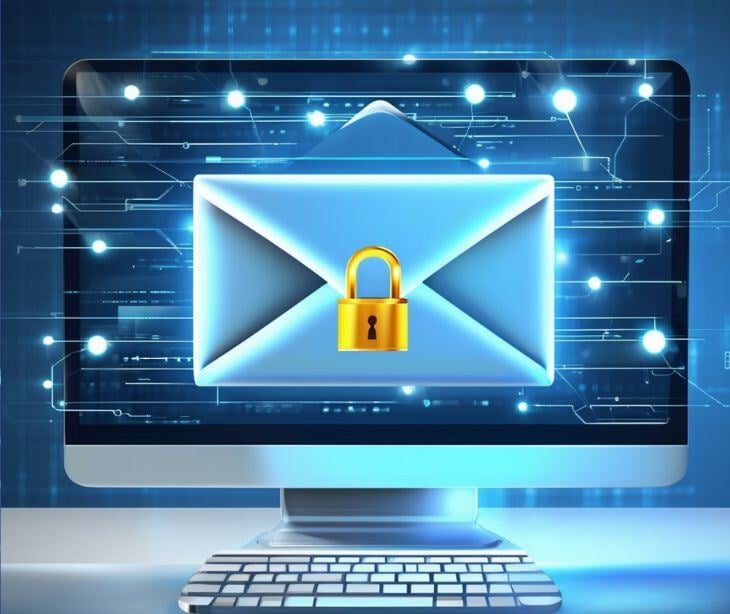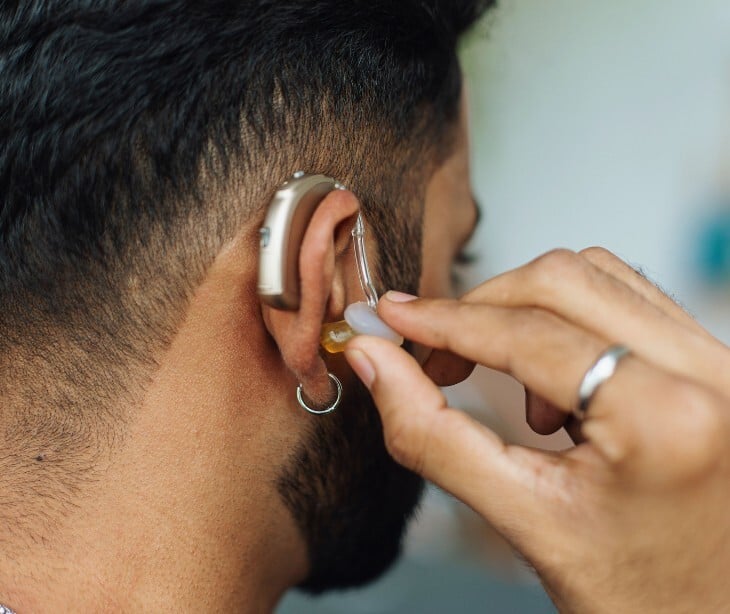2 min read
Navigating misinformation in health searches with HIPAA compliant email
Kirsten Peremore
January 17, 2025

Health misinformation, defined as inaccurate or misleading information about health and medical topics, has been proven to have varying implications for public health. Studies show misinformation about vaccines alone has contributed to preventable deaths and substantial economic costs, with estimates suggesting that misinformation could have led to almost 319,000 avoidable COVID-19 deaths in the US between January 2021 and April 2022.
Digital platforms create an echo chamber where people are more likely to encounter and share misleading information that aligns with their preexisting beliefs. Credible sources from healthcare providers can help distance misinformation. HIPAA compliant email is one of the most secure and accessible methods of debunking health myths.
How can email be utilized to debunk common health myths and misinformation?
Credibility is one of the largest influences on the effectiveness of messaging, therefore the use of references from reputable healthcare organizations or studies can add persuasiveness. A Springer Nature study notes, “The most influential variable was the attributed credibility: the more credible a debunking text is for a recipient, the more corrective effectiveness it has.” HIPAA compliant email offers a way for healthcare providers to debunk common health myths in the following ways:
- Healthcare providers can use HIPAA compliant email to communicate with patients directly, providing accurate information that counters prevalent health myths.
- Emails can be part of educational campaigns that systematically debunk common health misinformation, using credible sources and evidence-based practices.
- Providers can respond to individual patient inquiries about health myths through secure email, allowing for tailored information that addresses specific concerns.
- HIPAA compliant emails can include links to reputable sources or documents that clarify misconceptions, providing patients with reliable information to counter myths.
- Email allows for two-way communication where patients can ask questions or express doubts about health information, enabling providers to clarify misunderstandings effectively.
- Sending regular newsletters or updates via HIPAA compliant email can keep patients informed about the latest evidence-based practices and correct any emerging misinformation.
Strategies to enhance digital literacy among patients
- Conduct workshops that teach patients how to use digital health tools and resources effectively.
- Develop easy-to-understand guides and videos that explain how to access and evaluate online health information.
- Encourage the use of patient portals and provide training on how to navigate them to access personal health information.
- Share lists of reputable health websites and resources to help patients identify trustworthy information.
- Use the teach-back method to ensure patients understand digital health concepts by asking them to explain them back.
- Promote peer support groups where patients can share experiences and tips about using digital health tools.
- Offer personalized support from healthcare staff to help patients with specific digital literacy challenges.
- Incorporate technology into routine care practices, allowing patients to gain hands-on experience.
- Use social media platforms to share accurate health information and promote digital literacy initiatives.
FAQs
How does misinformation impact health literacy?
Misinformation can undermine health literacy by creating confusion and leading individuals to make uninformed or harmful health decisions based on incorrect information.
What are the different types of misinformation?
Misinformation can be categorized into three types:
- Misinformation (false information shared without harmful intent)
- Disinformation (false information shared with the intent to deceive)
- Malinformation (true information used maliciously).
Why is digital health literacy important?
Digital health literacy enables individuals to effectively navigate online health information, discern credible sources, and make informed decisions about their health.
Subscribe to Paubox Weekly
Every Friday we'll bring you the most important news from Paubox. Our aim is to make you smarter, faster.




